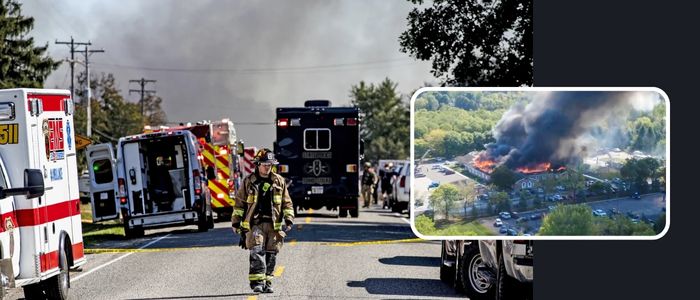Extreme Heat and Political Hesitation
The executive vice-president of the European Commission for a clean, just and competitive transition, Teresa Ribera, has warned of a disconnect between climate warnings and the reality of action. Appearing during a historic heatwave in June that has washed over the continent, Ribera said the impacts of the climate crisis were clear but were not yet driving action.
In Huelva, southern Spain, temperatures have recently hit 46°C, in the east they reached 38°C, and in Brussels 36°C—all of which are taking a heavy toll on public health, ecosystems, and the economy. She emphasized that even as headlines focus on these extremes, there is still not enough being done to prepare for what such events would actually mean for society.
Many cities and structures, Ribera added, are unready for a new climate. And she pushed back against political factions that deny climate change or antedate adaptation policies as exorbitant. “Sorry but it will be a helluva lot more expensive if we don’t do anything,” she said, adding that it is hypocritical to label climate change an existential threat and refuse to take the steps necessary to address it.
She also said the heavy rains in October in the Valencia region, which left 229 people dead, were an example of the worrying tendency to go from extreme weather events to regular ones.
Fear, Denial, and the Future of Climate ChangegetStringExtra
Politicians sidestepping hard truths to curry favour with voters are a large part of the problem, said Ribera. Hiding the challenges only further fosters public mistrust and undermines democratic processes, she said. Political leaders, she said, should have the courage to face the challenges and the will to cooperate to address them. “Instead of being little, you have to be big,” she said.
The climate issue has become a cultural fight among many of Europe’s far right. Spain’s Vox party is trying to roll back climate legislation and promote nuclear power instead. EU plans for the climate are “utopian fantasy” and will up energy costs, Hungarian PM Viktor Orbán said. Against such opposition, Ribera highlighted the €1.4 billion pact between Spain’s national and regional governments to save the Doñana wetlands as a sign that political consensus on climate issues is still attainable.
Water as a Strategic Resource
She inspected the Donana wetlands along with Ribero during the visit. She also stressed that water is a fundamental and finite resource, particularly in light of rising temperatures and increasing droughts. “We’ve forged a commitment through this commission to protect and restore the water cycle and a sustainable and competitive water economy,” Roswall said.
The role of water, she said, goes beyond the natural world to issues of national security, food production, energy supply, and even the digital economy, including data centres that use a lot of water. Europeans have long assumed that the availability of water will never be a problem. And that has to change before it’s too late, she warned.
Spain, one of the most climate-vulnerable countries in Europe, is already struggling with desertification and mounting temperatures. The 46C in Huelva at the weekend was just a shade off Spain’s record 47.4C in Montoro in August 2021.
The average temperature for June 2025 broke previous records to reach 23.6°C, making it 0.8°C above the previous hottest June, in 2017, and 3.5°C above the long-term (from 1991 to 2020) average, according to Spain’s national meteorological agency.
Ribera said that if Europe didn't transition from a passive acknowledgment of the problem to taking real action, a few more years of inaction and the crisis would escalate, driving even more devastating consequences.
Top

Political Inaction Slows Europe’s Climate Crisis Response

As Europe grapples with a record-breaking heatwave, demand for strong political action to tackle the deepening climate emergency is increasing. The EU’s most senior official in charge of the green transition has lambasted political inaction and denial, demanding that the bloc begins preparing for extreme weather events much like “a soldier going to war”.











